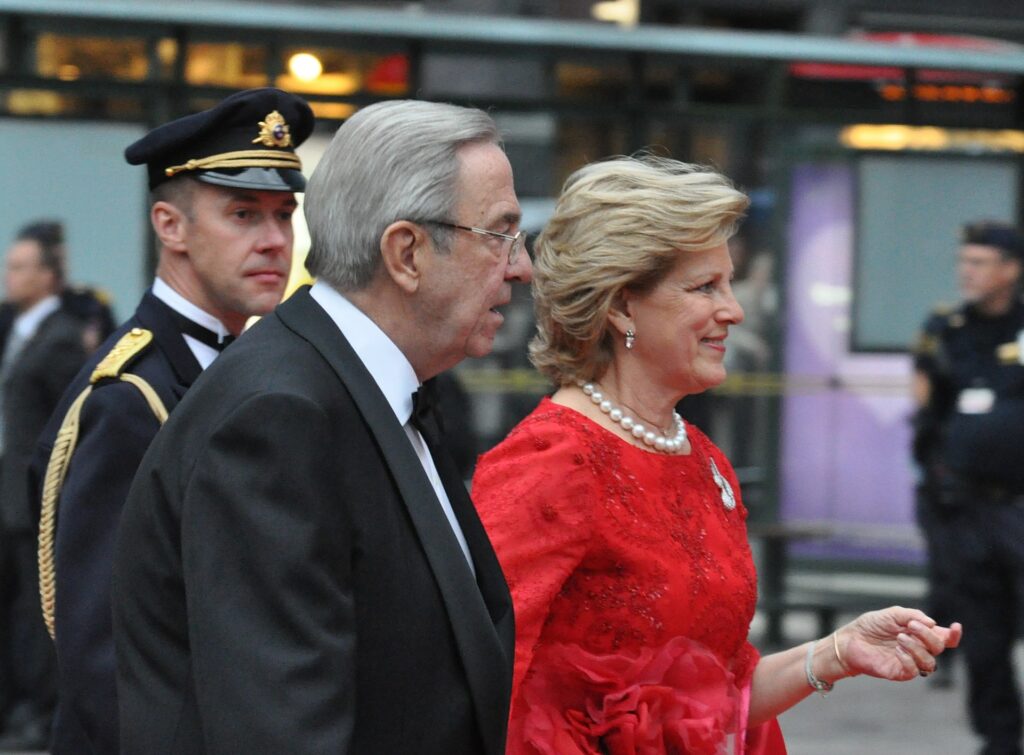Former Greek King Constantin II was a controversial figure who passed away Tuesday evening in Athens at 82 years old. His brief reign was a tumultuous period in Greek history which lead to his being ousted from the monarchy by popular referendum.
The last monarch in Greece passed away in his homeland after he and his family moved back to Athens in 2014 after 46 years of exile in London.
Greeks had many hopes when the king ascended the throne in 1964 aged just 23. After the ravages of World War II, the country was pitched into a civil war. It was hoped that when the king ascended the throne alongside Prime Minister George Papandreou (who took office that same year) divisions in society would be healed.
But instead, Constantine came into conflict with the new Greek government which the politically inexperienced King began to challenge. His political interventions impacted his popularity, bringing down the elected government and kickstarting a constitutional crisis.
Exile
These events eventually led to a coup d'état by the military in 1967 which Constantine initially supported, although he believed the wrong people were in charge. Yet he ended up clashing with the military, which led to his exile. The military dictatorship abolished the monarchy in 1973. When democracy was restored in 1974, a referendum on the monarchy put to rest any hopes of the monarchy being restored.
Constantine's few visits to Greece in the subsequent decades initially stirred up a political frenzy, but with time he was able to return to Greece as nostalgia for the monarchy faded and he became a less controversial figure.
In his exile, he was supported by well-connected monarchies across Europe. His wife, Anne Marie, is the sister of Queen Margrethe of Denmark. His older sister Sofia married Spain's controversial former King Juan Carlos.
Most of his exile was spent in Hampstead Garden Suburb, London, and he was reportedly close to his second cousin now King Charles III.
Contentious legacy
Although Constantine accepted Greece as a republic, he continued to call himself the King of Greece and his descendants bore royal titles even though Greece no longer recognised them as princes and princesses.
During his exile, he still clashed with various Greek governments. In 1994, a socialist government removed his nationality and expropriated the Royal Family's property in Greece. Constantine took the case to the European Court of Human Rights which ruled he should be compensated with €12 million in 2022, a small portion of the €500 million he asked for.
Since then, Constantine travelled with a Danish passport, perhaps unsurprising given the historical links between the monarchy in Denmark and Greece: Prince William of Denmark ascended the Greek throne in 1863 and was then styled as King George I of Greece.
Constantine II is survived by his wife, former Danish Princess Anne-Marie, the sister of Queen Margrethe II of Denmark, as well as five children and nine grandchildren.

